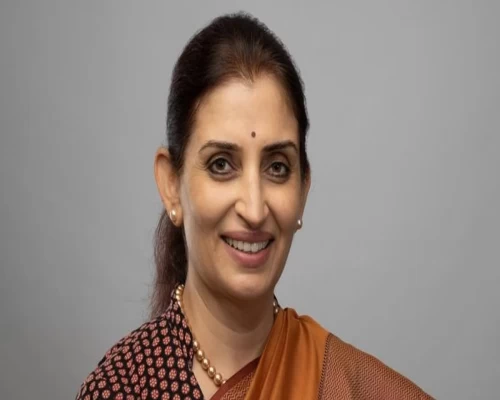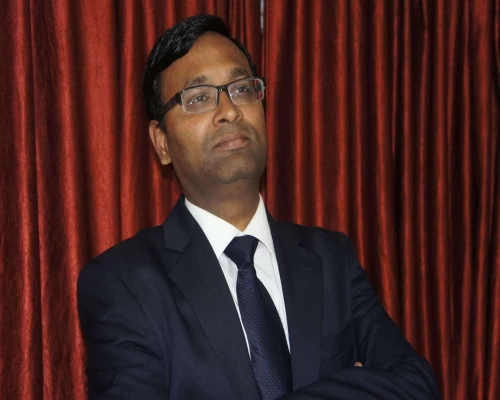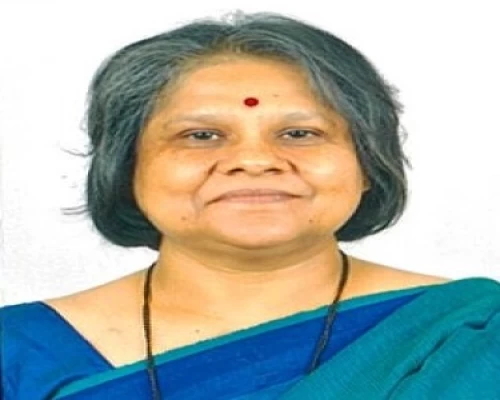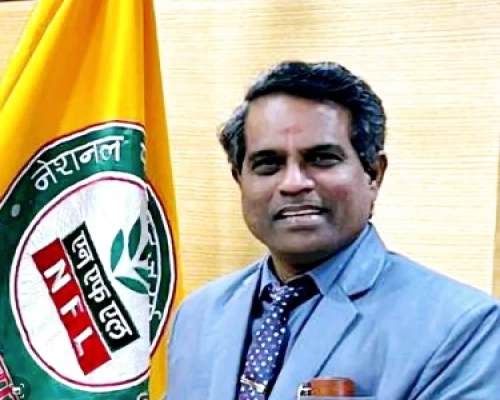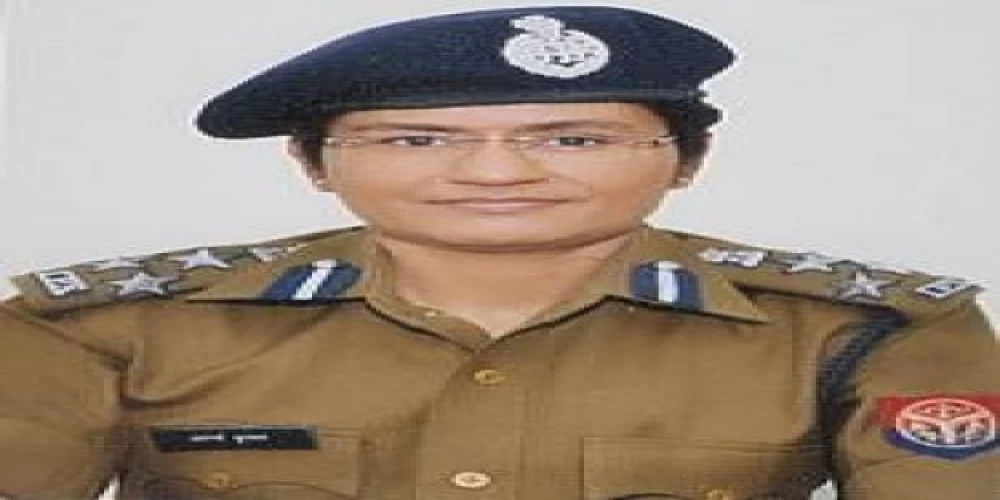
Police are the most visible face of governance. They enforce law and order against all odds. “We need to discharge our duties and responsibilities with a human face. Police should be sensitive to the people’s problems,” Aparna Kumar, IPS officer and DIG, Indo Tibetan Border Police (ITBP) in an exclusive conversation with Naina Jha of Bureaucrats India. Kumar feels that as an IPS officer she needs to set examples for others. “Every day in my work, I try to be sensitive and do policing with a heart. I always lend my ear to the people’s problems and try to solve them in whatever way feasible and possible,” she said. Here go edited excerpts of the interview:
Tell us your journey in bureaucracy so far?
My journey in the bureaucracy has been very eventful. I completed 18 years of service last month and these 18 years have been full of ups and downs. Challenging situations in my career has been a source of great learning. Till 2017, I was in Uttar Pradesh working at various ranks as SP, ASP, and DIG. I have had a lot of experience in battalions, districts, training academies, vigilance and currently I am posted as DIG, ITBP, Dehradun. All these experiences have made me more mature and experienced to deal with challenging and routine tasks everyday in my work life.
What prompted you to get into Civil Services?
I have always had this inclination and liking for the uniform services. I have done BA LLB from the National Law School of India, Bengaluru. During my college days, there used to be a serial ‘Udaan’ based on the life of Kanchan Chaudhary. I was greatly inspired by that serial. I always had a passion for uniform services. Since I was from a law background, I always thought that I’d join the police force or Indian Army or I’ll become a very good advocate or will join the judicial services. One of my seniors in law school cleared the Civil Services and I got hugely motivated. After completing my graduation, I started practicing as a lawyer. While practicing, I thought of appearing in the Civil Services examination and started preparation. After preparing for one year, I wrote the exam and I got the success.
How did you reorient yourself – from a practicing lawyer to a cop?
I am the first generation from my family who joined the Civil Services. There were doctors, engineers and all other professionals but no one in IPS, IAS, or IFS. So clearing the Civil Services exam was a big achievement for me and my family. However, I didn’t know anything about policing. Studying law and practicing as a criminal lawyer was the only exposure I had. My first posting was in Uttar Pradesh. I am from Karnataka. When I came to UP, I had problems with language, adjusting to new culture and also the food. Everything was new for me. I didn’t have any relatives or friends in UP. I had to adapt to the socio-economic-political culture, language of UP. First two years was challenging as I had to learn the language and get used to food, people and normally have a conversation with the people in Hindi.
Some of your achievements as a government servant which you would like to share with us.
I started my career as an Assistant Superintendent of Police in Allahabad. As an ASP, learning the language, the dialect and conversing easily with the people was a big achievement for me. Also I have held charges of Circle Officers (CO) of various circles of Allahabad. As a Circle Officer, I used to take care of the main city of Allahabad, which was very difficult and challenging. I used to take care of a lot of law and order issues. As an SP, Hamirpur was my first district. Law and order and riot issues used to be a problem. I remember one incident of Firozabad where one big truck carrying cars crushed 8-10 people on the road at 4 am in the morning on the main highway. It was a huge law and order issue. Since both the sides of the highway were densely populated, we had to struggle for 3-4 hours with the people protesting and ready to burn the whole truck. Protecting the driver, vehicle and handling the situation peacefully was challenging. Gathering bodies of 8-10 crushed bodies and sending them for the post-mortem examination was challenging. There is another incident, when I was SP in Hamirpur in 2004-05. There used to be a lot of cases of burying a born or unborn girl child. We unearthed the cartel and arrested a lot of people. It was a big achievement for me.
What aspect of your job do you enjoy the most?
I like the fact that police are the most visible face of the government spear and we have to enforce law and we need to do it with a human face. We need to be very sensitive towards problems and small issues of the people which sometimes are neglected. Since we get so many cases everyday in routine that it gets very monotonous and mechanical. So dealing every case with the same sensitivity becomes very important and challenging as well. As SP, DIG, I get complaints from so many people from rural and remote areas. People coming from such remote areas and complaining that their complaints are unheard pains me a lot. We become IPS to lead the people force. So we need to set examples. Every day in my work, I try to be sensitive, do policing with a heart, listen to people and try to resolve their problems in whatever way possible. There are certain issues that are no way related to policing like someone needs to get admitted to a hospital urgently. For us, it may be very trivial but for them it is a matter of life and death. Since we deal with humans every day, it is very important that we as leaders be sensitive towards people’s problems.
As a bureaucrat, you have enormous opportunities to serve the people. How has been your experience so far?
Policing has always been a government interface. That is where we’re the change makers. We are the ones who motivate change and everyone in their position or rank can do their little to bring positive changes. Yes, every day I deal with many issues and that has been learning for me as well. It may range from IPC criminal cases to trivial cases. Those issues are challenging and are motivating at the same time when I’m able to solve them.
Help us to understand how intricate it is to work for the government – given the enormity of the task at hand as well as expectations from a civil servant.
As a police officer or a civil servant, people have enormous expectations from us. Since we are the most visible face of the government, there are a lot of expectations. However as a police, we also have our limitations. Now since everything is online, people can register FIR online. Yes, there are a lot of hierarchy issues due to which people may not come directly to my office. But I’ve always said that come directly to my office, call me or if I’m not picking up the phone, send me WhatsApp or an SMS. If I don't receive it, I may reply. This is the standard procedure every officer follows.
Bureaucracy in India has undergone a metamorphosis in the last few decades, especially in terms of design and delivery. It is far more efficient today, and this has given rise to soaring expectations. How do you look at this trend?
Let’s accept this fact that today Civil Services are the top most services in India. We need to bring meaningful changes and become change maker leaders and visionaries. It is expected from us to deliver. It is due to the job profile that gives rise to expectations. We are trying our best to live to those expectations. If all officers will make an effort to solve issues, I think that is where we will be able to bring the change. These days officers are online and they try to help people there as well. Though I don’t have a Twitter account because I want to keep myself very low profile, our organization has a Twitter account and if anyone has some problem, they can tag us and we try to resolve the issues. We also try to be transparent and accessible to the people. However, this pandemic has put a restriction on physical access.
Technology has played a key role in enhancing transparency and efficiency in governance. Do you think futuristic technologies including Artificial Intelligence will continue to play an equally significant role in executing government welfare programs?
Oh, yes definitely. When I joined Civil Services, there used to be a lot of file work. However these days, there are provisions of online disposal of cases. Since everything is online, we try to use paper as little as possible. But the Central paramilitary forces like the ITBP have a lot of national security details. So, we can’t go online much and we use files and papers. We are using a lot of online security technologies to not get hacked.
What are some of the changes you would wish to see in bureaucracy?
Bureaucracy needs to have a human face and work with a heart and soul. We need to be sensitive towards people’s problems. India is a densely populated country with a diverse culture, religion and caste. We need to be grounded. We need to understand the socio-economic culture, language of the area where we are serving and then only we would be able to address their problems. We need to be more transparent, effective and efficient in disposing cases in a timely manner.
What are the lesser known facts about bureaucracy in India?
A lot of civil servants are doing unique things in their areas which people don’t get to know. But they are silently excelling in their work fields and also they are having their own hobbies and passion. Some of them are good poets; some are writers, photographers, which don’t come to the people’s notice or public domain. Apart from their work life, they are also contributing towards society in a lot of other meaningful ways.
Tell us about your family. How do you take out time for family and kids?
My husband is also an IAS officer of 2002 batch. He works as Commissioner, Saharanpur. I have two children. My daughter is 13 years old and my son is 10 years old. Both of them are staying in Dehradun. Time has to be given to family and children. At the end of the day, your job is not just a part of your life and not your whole life. I need to be disciplined to do my job, practice my passion and take out time for the family. I have time slots for everything. I have allocated time for my training. Weekends are for my kids and family. Monday to Friday, I am just focussed on my job from 9 am to 6 pm. I have to do a lot of travelling due to my job profile. So I get a lot of help from my family. My mother takes care of my children in my absence. I am a hand on mother, wife, daughter and a police officer which requires a lot of effort and discipline. I think we women are smart enough to take care of all tasks.
Share your fondest memory as a Civil Servant.
There are a lot of memories. Whenever I was able to help common people, they were full of gratitude for me. I cherish those moments.
What are your hobbies? And do you get time to pursue your hobbies?
I am an avid mountaineer. I am very passionate about mountaineering and climbing. I started climbing in 2014. It was a part of my work life itself. I was posted in 9th Battalion in PAC Moradabad. This battalion, before the ITBP, used to take care of all the high altitude border outposts in Uttar Pradesh. It used to be deployed at the Indo-China border. In 1992, it handed over all posts to the ITBP. So when I was posted as a Commandant there in 2013, I used to see a lot of mountaineering equipment, high altitude equipment like tents, gears. And my subordinates, staff, used to narrate tales of heroism, adventures of mountaineering. So I got motivated and being a Commandant, I took a month’s leave and did a basic mountaineering course in Manali in 2013.
In 2014, I did an advanced Mountaineering Course from Atal Bihari Vajpayee School of Mountaineering, Manali. From 2014, I started climbing mountains in India and abroad. Till now, I’ve climbed all the highest peaks of the seven continents. I climbed Everest and another 8,000 metre peak called Manaslu. I skied to the geographical south pole in 2019 and this year I was supposed to go to north pole but because of COVID-19, I am not able to travel and also this year CAPF (Central Armed Police Force) Mountaineering Expedition to Everest was supposed to take place but it got cancelled because of pandemic. Maybe next year, I’ll be doing that. It’s tough taking out time for my hobby. Like I said it requires a lot of dedication, discipline, focus, hard work and effort to give time to your passion. To pursue mountaineering at my age, (I’m already 45 years plus and DIG rank officer), requires a lot of discipline. I am not going to get any younger. I am very particular about my diet, training and physique. I am up at 5 am and running, doing gym and climbing. I go for a trek on Saturday and Sunday. I am making full use of my job also. Since I’m in Dehradun, I get to climb and go to hills a lot.
What is the best compliment that you got from the people while serving them?
I’ve seen very mundane and routine kinds of things. I’ve been an SP of many districts. When I used to solve issues especially related to women, they used to come from remote villages to say thank you. I remember that in one Tehsil Diwas, I was sitting and one lady of 60-62 years came to me and gave a ‘Thank You’ letter to me. She had kept Rs 50 in that. It brought tears in my eyes. I told her you don’t need to give me money for getting your work done. That is my job. She didn’t have money to go back but she was giving me money as a gesture of gratitude. I feel big shots can get their work done anyway. But when these unknown common people come and say thank you makes our day, and gives us job satisfaction.
Last but not the least, the message for aspiring Civil Servants!
Be very sincere and sensitive. After getting into civil services one may end up thinking I have achieved something great. However it is just a job profile and long term of service is ahead to make a meaningful and positive difference in people's lives. When you become a Civil Servant, you are expected to deliver and work hard. Don't have ego and be humble. Try to deliver to the most downtrodden people. If their work is done, then only your becoming a Civil Servant is justified. Deliver service to the poorest of the poor!


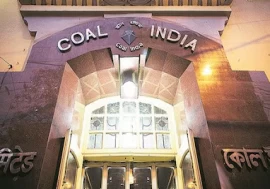
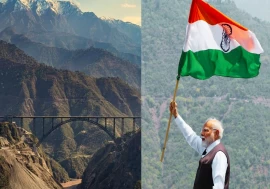
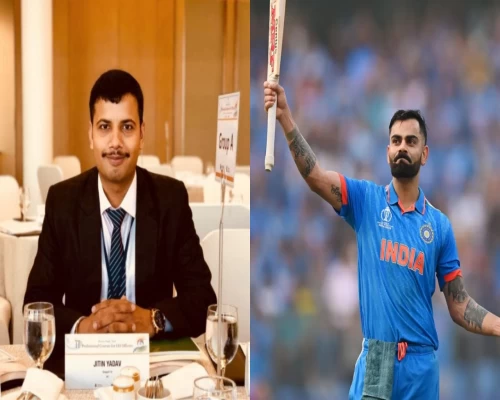
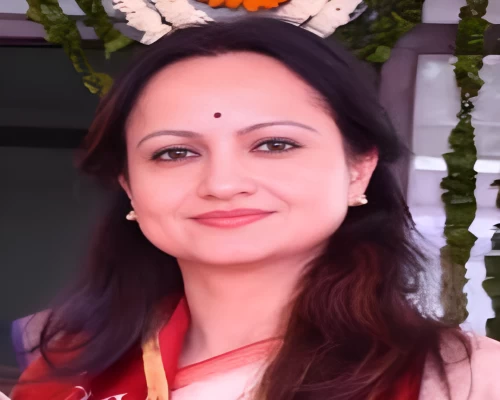
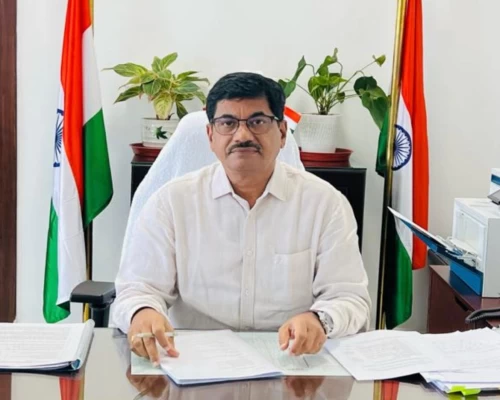
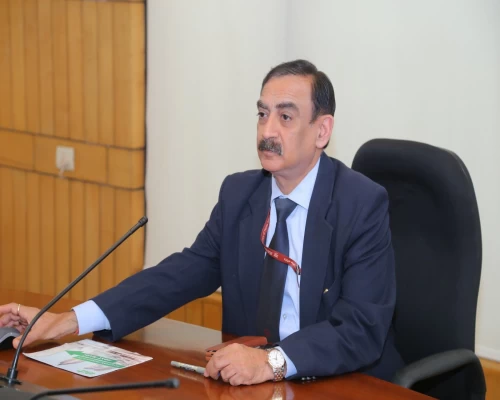
_500_x_400.webp)
